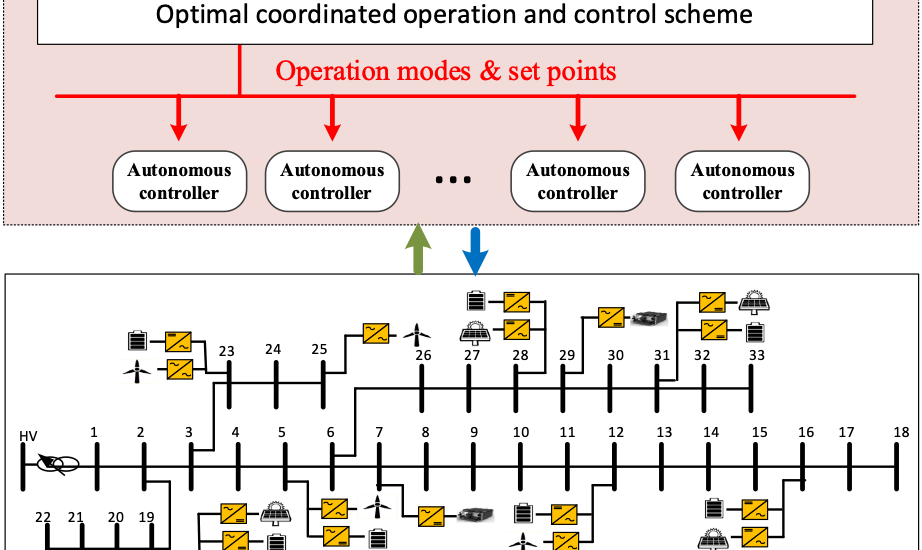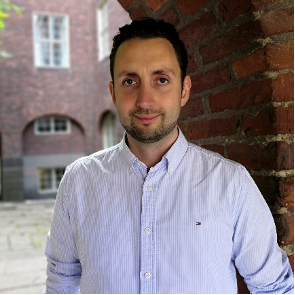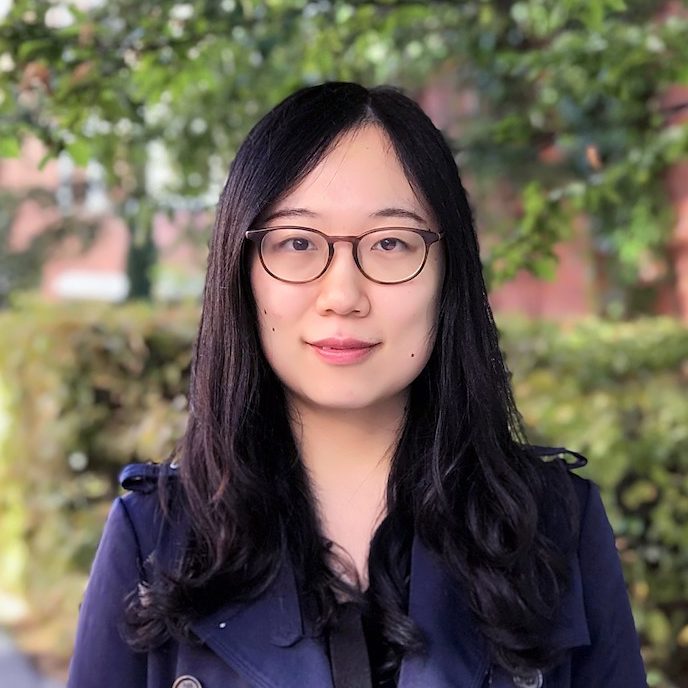About the project
Objective
This project aims at developing smart autonomous power converters for optimal support of electric power systems. The project will build a new control framework based on digitalization and AI to provide optimal grid support functions and enable further integration of renewable energy sources. This is achieved by developing a novel combined optimization and control algorithm for coordination and an AI-based scheme for autonomous control of smart converters.
The outcome of this project is expected to enhance the resilience of electrical power systems with large-scale integration of renewables and add significant value to the digitalized electrical power industry.
Background
To achieve the national target of 100% renewables by 2040, renewables are increasingly integrated into electric power systems. Unfortunately, intermittent renewables increase the risk of grid instability with voltage fluctuation, frequency deviation and inertia issues, which limit the further integration of renewables. Renewable interface converters offer promising new methods to provide various functions for grid support. To efficiently and successfully utilize the grid support capabilities of the converters requires optimized coordination of many converters. However, optimal coordination is challenging due to limited communication support, multi-timescale operation, various real-time control actions, and computational complexity.
Crossdisciplinary collaboration
The researchers in the team represent the Department of Electrical Engineering at KTH EECS and the Department of Mathematics at KTH SCI.



